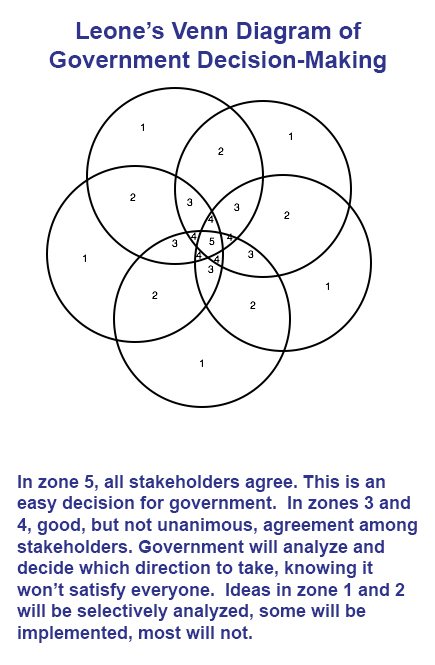There is a certain truth about Conservative opposition leaders. It’s the hardest job in politics. It seems nobody will give the leader credit until he or she wins, and even with the win, the honeymoon will only last a short while.
Why, you might ask? It’s because the current iteration of the Conservative Party elects a leader, and the very next minute, that leader is expected to follow the followers — followers who will ruthlessly guillotine the leader for non-victory while themselves escaping any blame for the cataclysmic failure. It is a Conservative form of Marxism, where the proletariat collection of members control the bourgeois party elites. It is the most perverse form of organization, and honest questions never arise so as to analyze whether it is working.
On social media, I recently posted a question that is relevant here. The question was quite seriously this: What was the last good idea to come from a Tory policy conference? The answers were few. Now, tell me how many embarrassing stories have come out of Tory policy conferences, and I am fairly certain the answer comes close to “there’s at least one every damn time.” Add to this the disdain of leaders ignoring member policy, and the fiasco comes full circle. Yet, nobody stops to say “hey, this thing is broken and we need to fix it.” Nope, see you in Quebec City in 2023. It’s a recurring story with as predictable a plot line as a Hallmark movie, except this is no love in.
Here’s another thing we need to know about policy. It’s complicated. Whenever a real government wants to implement policy, they typically undertake a lot of research and consult with those that might be affected by that policy. A government might even want to take the temperature of public opinion in crafting their policy. Is that the rigour undertaken by Tory delegates at this latest policy convention before they made a pitch for any of their given policies?

Take the above Venn diagram about government policy decisions. In any given area, different interests offer differing preferences. The Conservative party may well be only one of these circles. Leadership is about getting to areas of consensus (where all 5 circles intersect) or to where they might have support but need to make trade off (where 3 or 4 circles intersect). However, party delegates are mostly not capable of making tradeoffs nor are they interested in doing so. The name of the game is to get most delegates to support their own policies, even if nobody else agrees with those policies in the broader public. And, that’s fine to give the grassroots the voice, but we then take the knees out of the leader who needs to find consensus. Once a leader tries to compromise while half heartedly listening to members, the members turn on the leader for not listening to the grassroots. This is the death of leadership.
None of this is going to make me terribly popular with the grassroots, but there are many, many conservatives that need a forward looking, positive, ambitious plan to get Canada on the right track. We need a cogent, articulate and informed set of principles that says government need not grow endlessly, that cares about the safety of our communities, and commits to leaving our kids with a cleaner country than the one we inherited.
Erin O’Toole is the leader the party needs. Now we need to be the party that our leader needs.
3 responses to “The Conservative Party Itself is Ungovernable”
-
Thanks Rob. Well said.
-
Astute as always, Rob. Your points lead to two questions:
1) Why does this problem impact the CPC more than other parties?
2) Can this be fixed through a structural change somewhere?
-
It’s 2021. When you run candidates, or seek support from Rebel Media types, conspiracy theorists, religious right, you aren’t going to get their support, without bending to their cause. When you do, you lose the middle. The party has lost it’s way.




